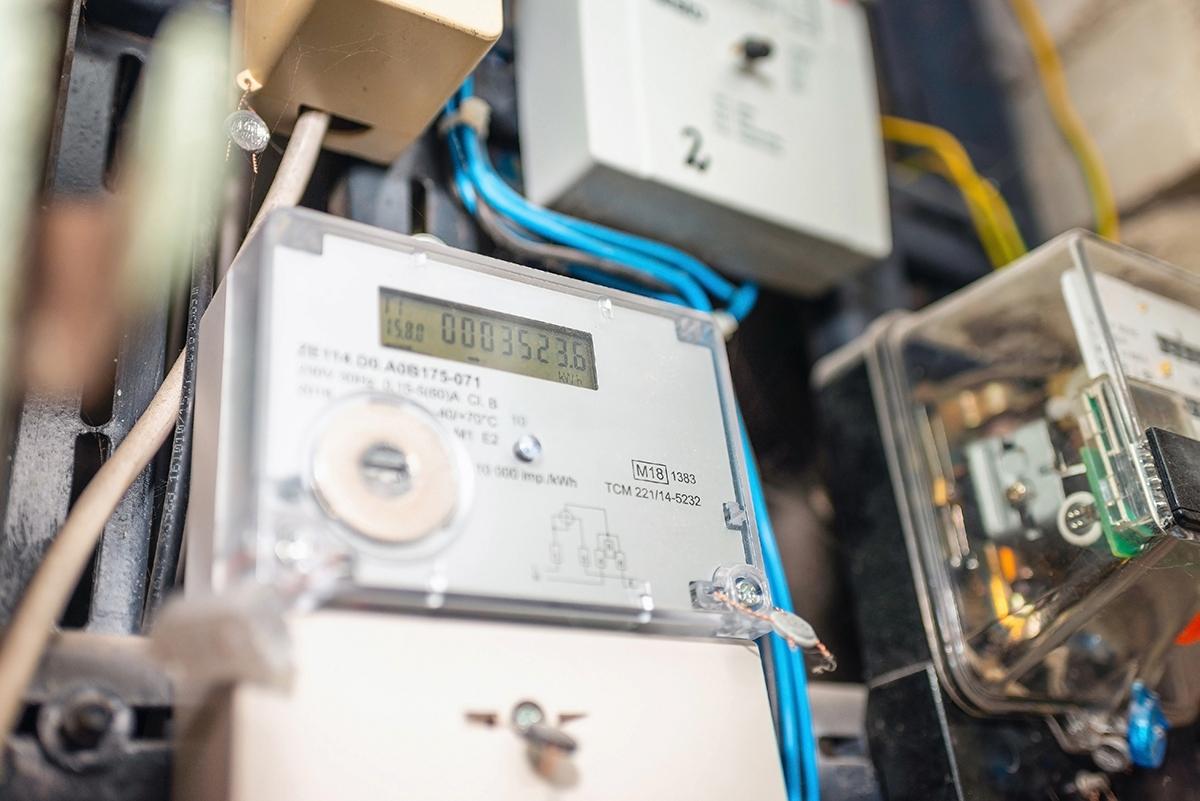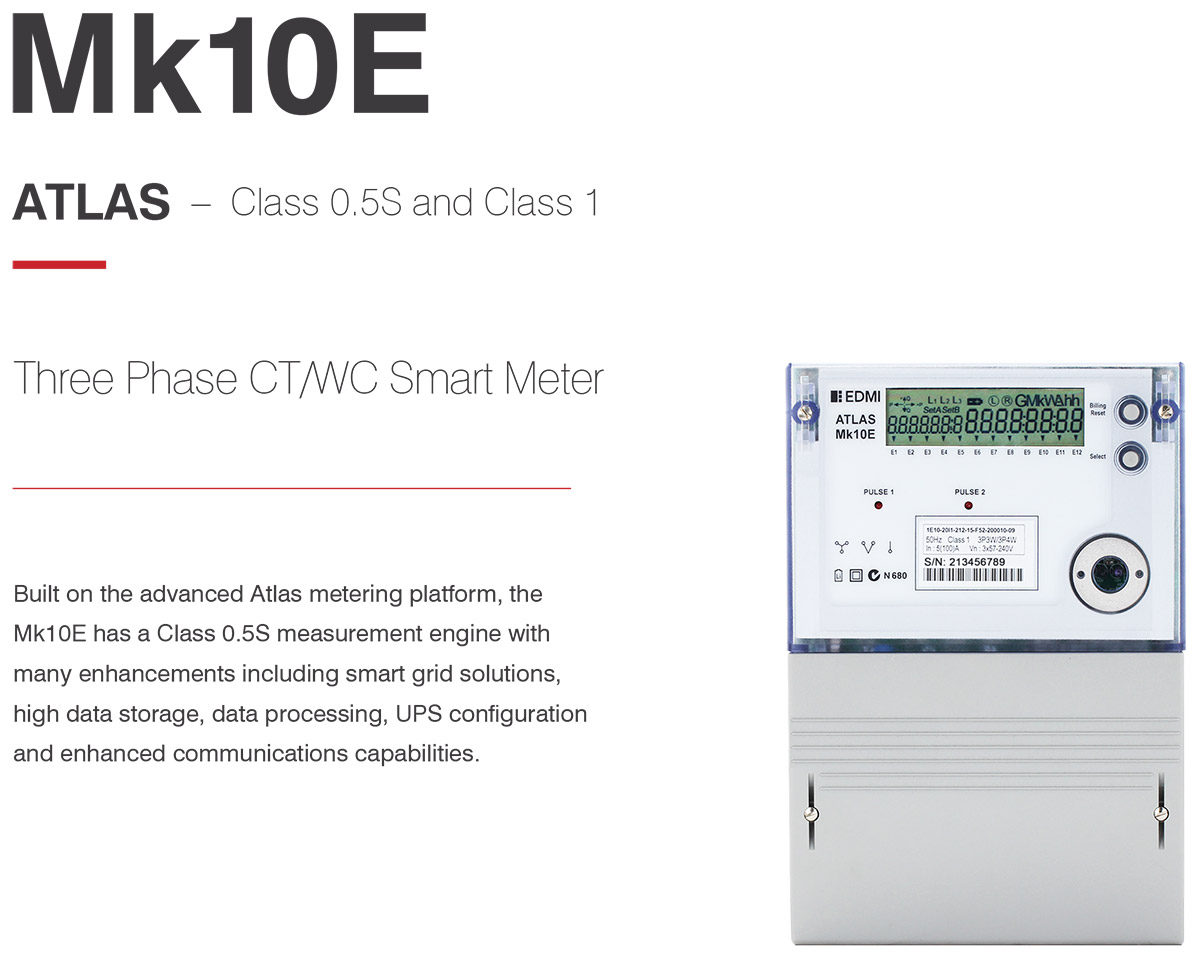
Voltage vs Current electrical safety
- Nov 24 2025
- /
- 138

Smart meters are advanced digital devices that measure and record electricity, gas, or water consumption in homes and businesses. Unlike traditional meters, which require utility workers to take manual readings, smart meters automatically collect usage data and transmit it remotely to the utility company.
The deployment of smart meters in Brisbane allows for more accurate monitoring and measurement of electricity consumption in homes and businesses. This helps utility companies better understand energy usage patterns, identify areas of high demand, and optimize electricity distribution throughout the city.
All new and replacement electricity meters must be digital, and the mandate to replace old accumulation meters with modern digital meters by 2030 aligns with policies implemented in Queensland, Australia. These regulations are governed by the Electricity Act 1994 and the Electricity Regulation 2006.
With a smart meter, individuals have real-time access to their energy consumption data. They can see how much electricity they use at any moment, right from their smartphone or computer. This empowers them to make smarter choices about when and how they use energy, potentially saving money in the long run.
Smart meters represent a transformative leap forward, with advanced digital capabilities that empower users with real-time insights and utilities with unprecedented operational efficiencies. Here are several advantages:
Smart meters provide precise energy consumption measurements, eliminating estimated bills and ensuring that consumers are billed accurately based on actual usage.
With smart meters, consumers can monitor their energy usage in real-time, either through online portals or mobile apps. This empowers them to make informed decisions about their energy consumption habits and potentially reduce their energy bills.
Smart meters automatically collect consumption data and transmit it remotely to utility companies, eliminating the need for manual meter readings. This reduces utilities' operational costs and minimizes the inconvenience to consumers associated with meter reading appointments.
Smart meters can detect outages and power disturbances more quickly than traditional meters. This enables utilities to respond promptly to issues and restore service faster, minimizing consumer disruption.
Smart meters provide utilities with valuable data on energy consumption patterns, load profiles, and voltage levels. This data can be used to optimize grid operations, improve reliability, and plan for future infrastructure upgrades.
While smart meters offer numerous advantages, their installation may also present some potential downsides:
Utility companies must invest upfront in installing smart meters, which may lead to initial costs passed on to consumers. While the long-term benefits of smart meters often outweigh these costs, some individuals may be concerned about potential increases in their utility bills.
Smart meters collect detailed data on energy usage, including the times when appliances are in use. Some individuals may be concerned about the privacy implications of this data collection, mainly if it is accessed or shared without their consent.
Smart meters are connected to communication networks, making them vulnerable to cybersecurity threats. Unauthorized access to smart meter data could compromise consumer privacy or even disrupt the operation of the energy grid.
Like any technology, smart meters may experience technical issues or malfunctions that could result in inaccurate readings or service disruptions. While these issues are typically addressed through regular maintenance and troubleshooting, they can still cause inconvenience for consumers.
Some individuals may resist transitioning from traditional analog to smart meters due to concerns about unfamiliar technology or perceived loss of control over their energy usage.
"Note: Make sure you talk to your electricity retailer about your tariff options with a smart meter. Some retailers may switch you over to a demand or time of use tariff (where electricity charges are more expensive during the peak time of 4pm to 9pm but cheaper at other times of the day), while other retailers allow you to stay on a flat rate tariff."
Energex Warning on Smart Meters
Smart meters allow for "demand charges". However an ABC investigation found that many households were unaware of the changes thanks to a loophole that allows power companies to pass on tariff overhauls without forewarning them.
"The meters can supposedly allow householders to see how much power they are using in "real time" while giving regulators and the industry better oversight of customers' usage."
www.abc.net.au
Demand charges are levied on top of consumption and daily service charges.
"Miles Government win in stopping energy retailers' smart meter sting"
Under the proposed change, South East Queensland households moved to time of use tariffs following the installation of a smart meter, will now be able to revert to a flat tariff.
https://statements.qld.gov.au/statements/101123
This change has been implemented as of 20 September 2024.
As of 1 June 2025, you can no longer opt out of having a smart meter installed.
All new or replacement meters must be smart meters under National Energy Law.
Your electricity provider must give you 4 to 60 business days' notice before installation.
Mandatory rollout by 2030: The Australian Energy Market Commission (AEMC), with backing from state governments including Queensland's, introduced a final rule requiring smart meters for all customers by 2030.
In South East Queensland the introduction in 2012 of Peaksmart is designed to reduce the load from air conditioners all turned on at peak times.
Energex provides a signal receiver that's connected to the air conditioning unit by the installer. These receivers receive a signal via the powerlines. It can shift the air conditioning unit into economy mode automatically for periods of time. (usually a few hours of peak demand)
It is only used on extremely hot or cold days a few days per year. In return the household is offered "positive payback rewards", a cash rebate.
A smart meter is essential for those considering solar panels or other renewable energy sources. It provides valuable energy generation and consumption data, helping maximize renewable energy investments and reduce carbon footprints. By tracking energy usage patterns, smart meters help individuals identify areas where they can be more efficient, saving money and reducing environmental impact.
Overall, a smart meter isn't just a tool—it's a game-changer for individuals' energy management. It puts them in the driver's seat, helping them save money, reduce waste, and contribute to a more sustainable future. So why wait? Making the switch to a smart meter today could be the right move.

There is a federal government approval process for smart meters. The EDMI Mk10E Smart Meter was Approved in Australia Feb 2022.










Check out our amazing 9 STAR QUALITY GUARANTEE